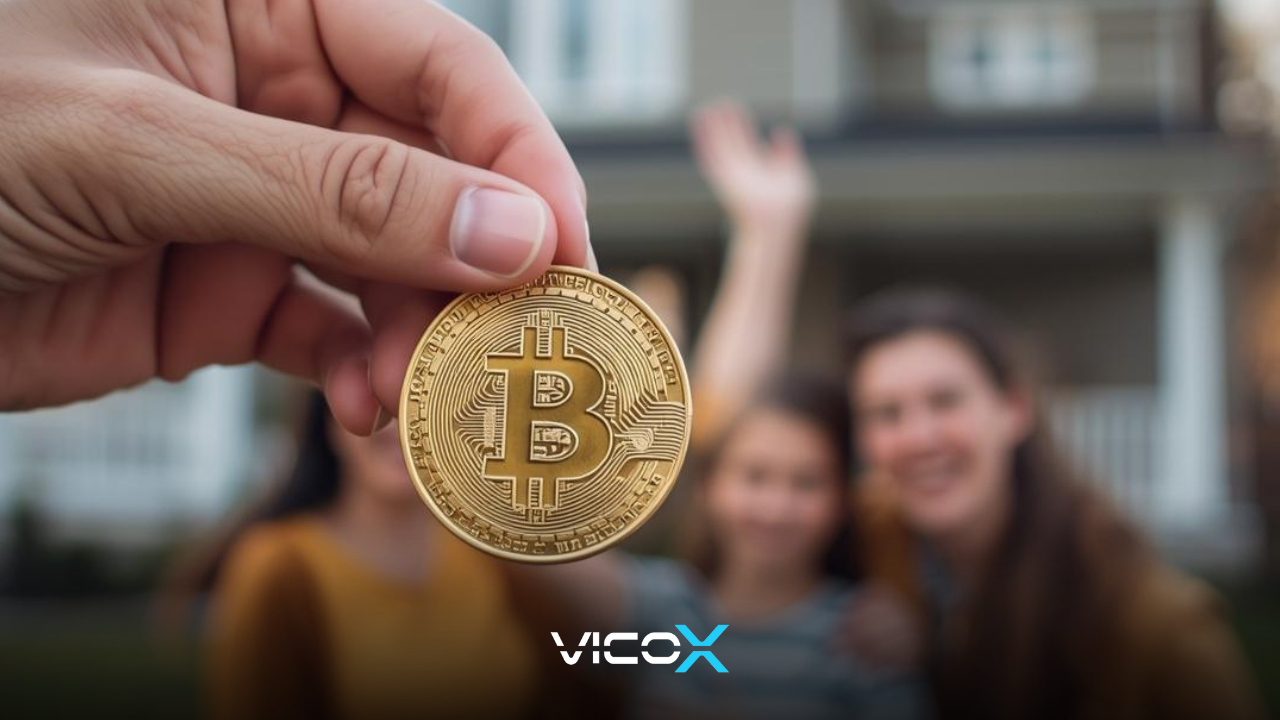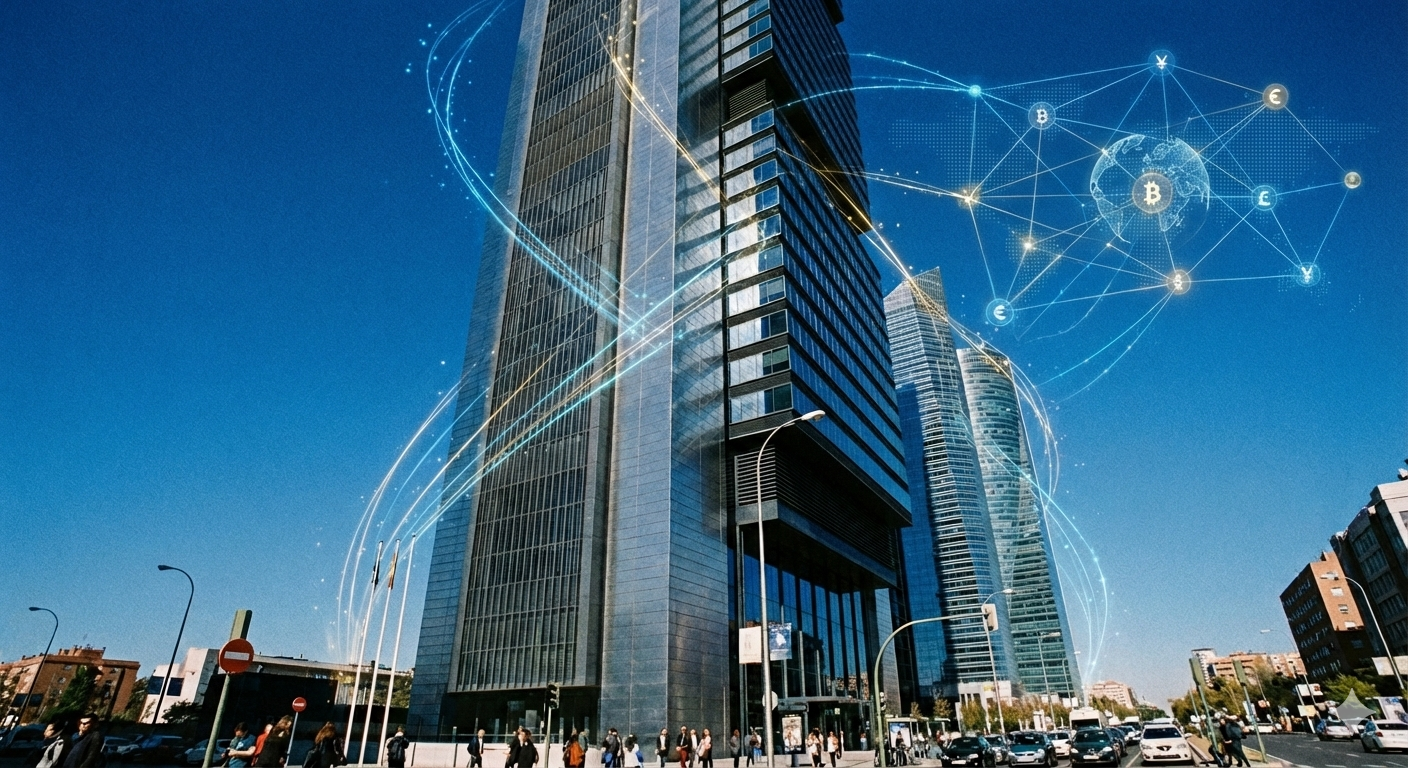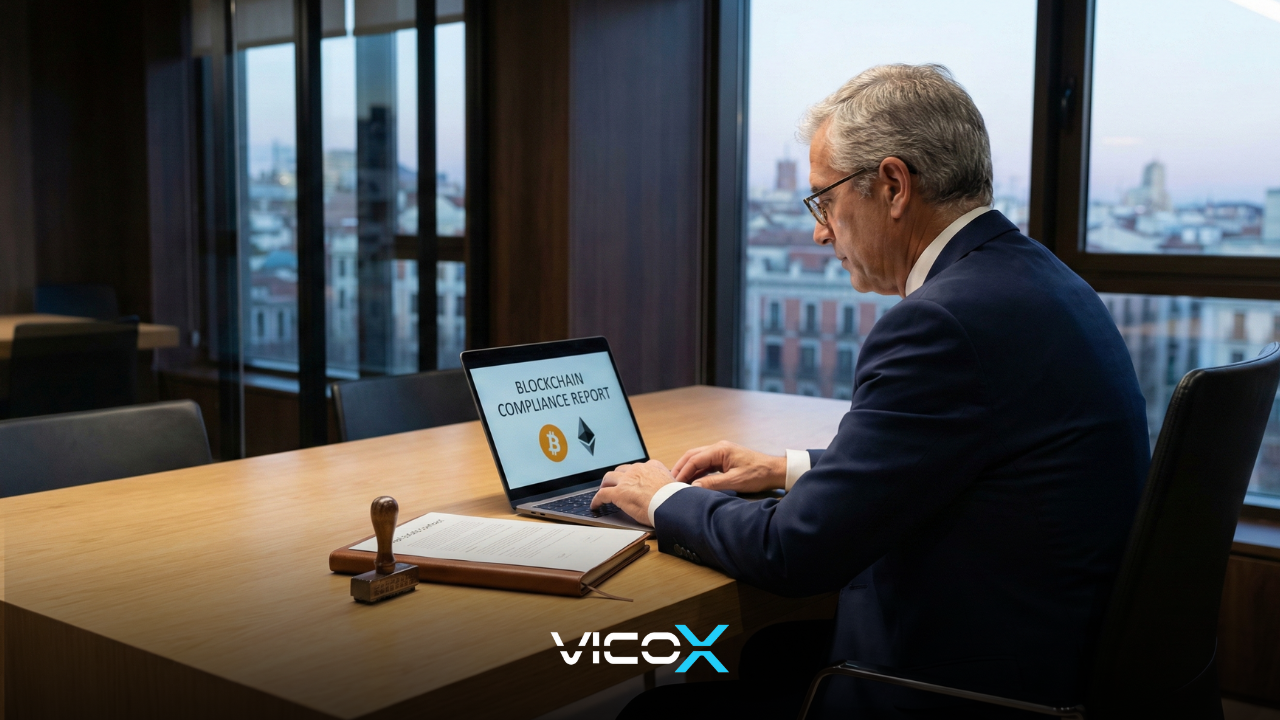Introduction
Blockchain and smart contracts are reshaping the way we think about transactions. From decentralized finance (DeFi) to tokenized assets, the potential of these technologies is undeniable. But when it comes to one of the most traditional pillars of European civil law — the notary system — the question arises:
👉 Will Spanish notaries ever accept smart contracts directly on the blockchain as a legally valid substitute for deeds, signatures, and registries?
In this in-depth guide, we’ll analyze:
- How smart contracts work in practice.
- The legal role of Spanish notaries in real estate and commercial law.
- Current obstacles and opportunities in integrating blockchain into public notarial processes.
- Comparative perspectives from other EU jurisdictions.
- Expert insights into what the future might look like.
What Is a Smart Contract?
A smart contract is a self-executing agreement written in code and deployed on a blockchain.
It eliminates the need for intermediaries: once conditions are met, actions execute automatically.
Popular use cases include decentralized lending, token swaps, automated royalty payments, and real estate tokenization.
Key feature: immutability → once deployed, the code can’t be altered.
The Role of Notaries in Spain
Spanish notaries are public officials with the duty to:
- Certify identity of parties.
- Draft and authenticate contracts (escrituras públicas).
- Ensure legality and compliance with Spanish civil and tax law.
- Facilitate registration in the Property Registry (Registro de la Propiedad).
👉 In real estate, a deed without a notary is invalid. You can’t just transfer property keys with crypto; the transaction must be formalized in front of a notary.
Blockchain vs. Traditional Notarial Functions
| Function | Traditional Notary | Blockchain / Smart Contract |
|---|---|---|
| Identity verification | In-person with ID | Pseudonymous wallets |
| Contract drafting | Based on Spanish civil law | Code-based conditions |
| Public trust | State-delegated authority | Decentralized consensus |
| Permanence | Archival in state registries | Immutability on blockchain |
| Registration | Property Registry entry | On-chain token transfer |
Insight: Blockchain can replicate many technical functions of a notary, but not the public trust mandate granted by the Spanish state.
Current Legal Status in Spain
- Smart contracts have no explicit recognition under Spanish law as notarial substitutes.
- Law 6/2020 (trust services & electronic ID) opened the door to advanced electronic signatures, but blockchain isn’t yet integrated.
- EU’s MiCA regulation sets a framework for crypto-assets but not for property deeds.
- The Spanish Notarial Council (Consejo General del Notariado) has explored digital notarial platforms, but all tied to state-controlled systems, not open blockchains.
EU and Global Comparisons
- Estonia: pioneers in blockchain e-government; land registry experiments with blockchain verification.
- Italy: pilot programs with notarization on blockchain in commercial contracts.
- Dubai: Dubai Land Department already executes some property transactions via blockchain.
- Spain: conservative approach → state monopoly on notarial authority.
Real Estate Use Cases in Spain
Example 1: Buying a villa in Marbella with Bitcoin
- Payment can happen via crypto, but the deed must still be in EUR, before a notary.
- Hypothetical smart contract: payment release triggered by notary’s digital signature on-chain.
Example 2: Tokenizing apartments in Madrid
- Security tokens representing property shares.
- Current law: needs notary certification for issuance + registry updates.
Conclusion: blockchain adds efficiency, but cannot replace notaries — yet.
Legal Challenges
- Identity (KYC): Wallets don’t equal personal identity under Spanish civil law.
- Jurisdiction: A blockchain contract executes globally, but property is governed locally.
- Consumer protection: EU requires protective clauses in consumer contracts, which code cannot auto-enforce.
- AML compliance: Crypto transactions must be verified for source of funds.
The Future — Notaries and Blockchain Together
Notaries could use blockchain as a tool, not a rival:
- Digital timestamping of deeds.
- On-chain storage of hashes of notarial acts.
- Smart contracts that only execute once notary confirms legality.
👉 Spain is likely to adopt a hybrid model: blockchain-based registries, but always mediated by a licensed notary.
Practical Advice for Investors in 2025
- Do not expect to bypass notaries with blockchain in Spain.
- Use smart contracts for escrow, deposits, tokenization — but final deeds remain notarial.
- Always consult a crypto-specialized law firm before structuring deals.
FAQs: Spanish Notaries and Smart Contracts
1. Can a smart contract replace a Spanish notary?
No. Spanish law requires notarial intervention for property and certain contracts.
2. Are blockchain deeds legally valid in Spain?
Not by themselves. Only deeds signed by notaries and entered into the Property Registry are valid.
3. Can smart contracts be used in real estate deals?
Yes, but as supporting tools (escrow, payments), not as replacements for notaries.
4. Will Spain adopt blockchain for notaries in the future?
Likely as hybrid systems, with notaries using blockchain for efficiency, not elimination.
5. How can I safely buy property in Spain with crypto?
By combining crypto payments with traditional notarial deeds, under expert legal guidance.
Our crypto real estate lawyers guide you through the legal and notarial process.
Book a Free Consultation



